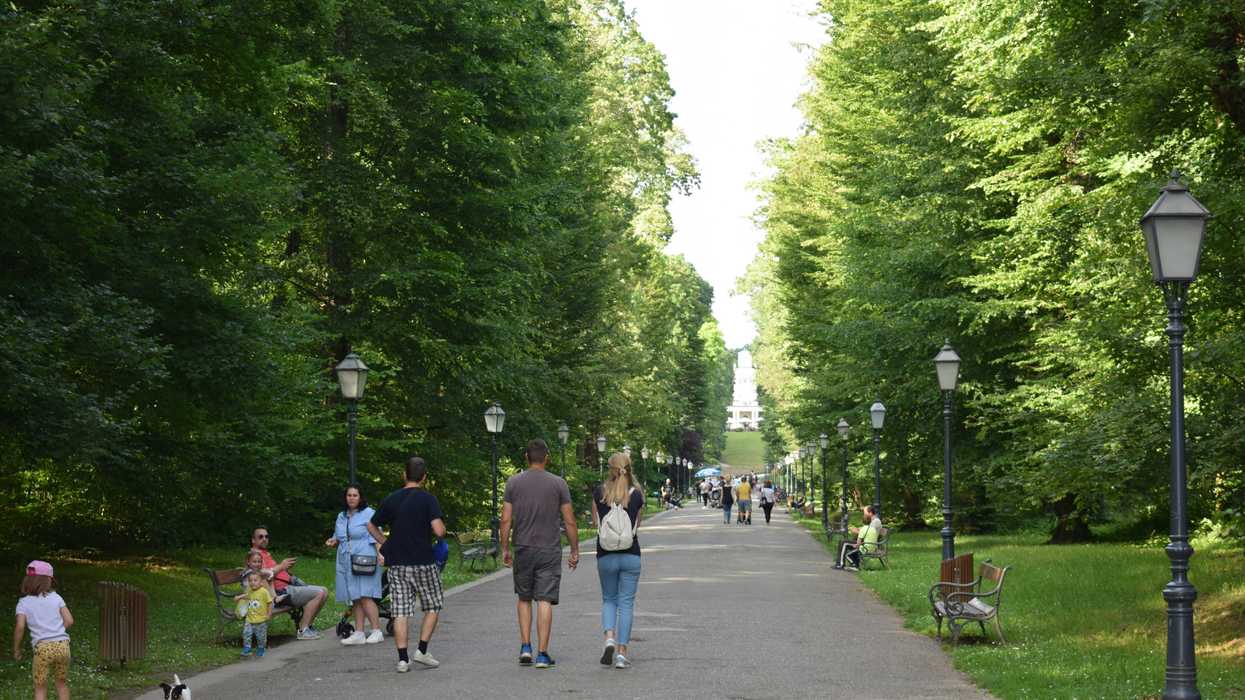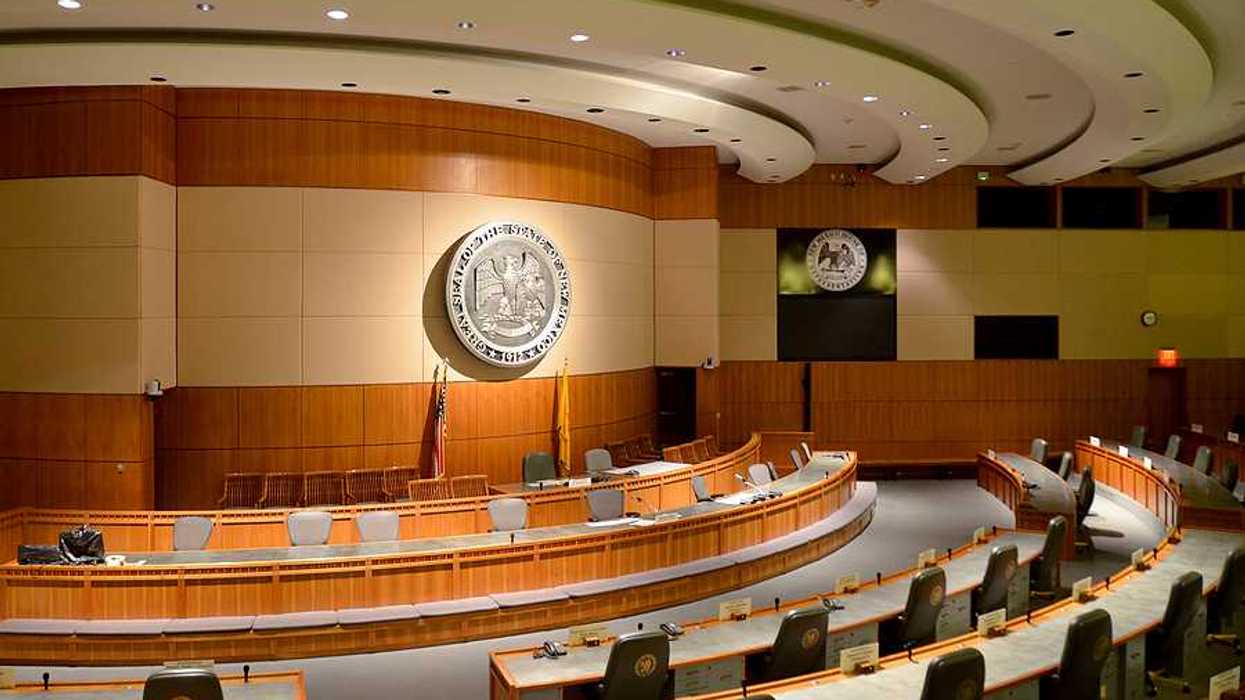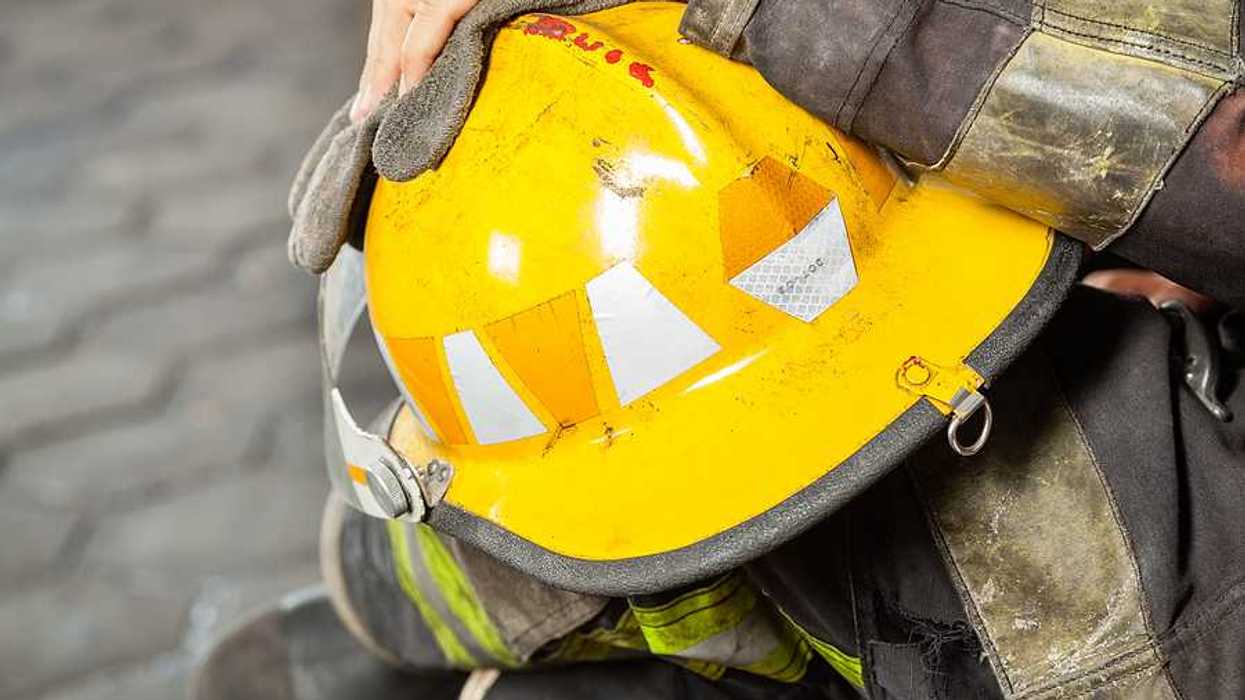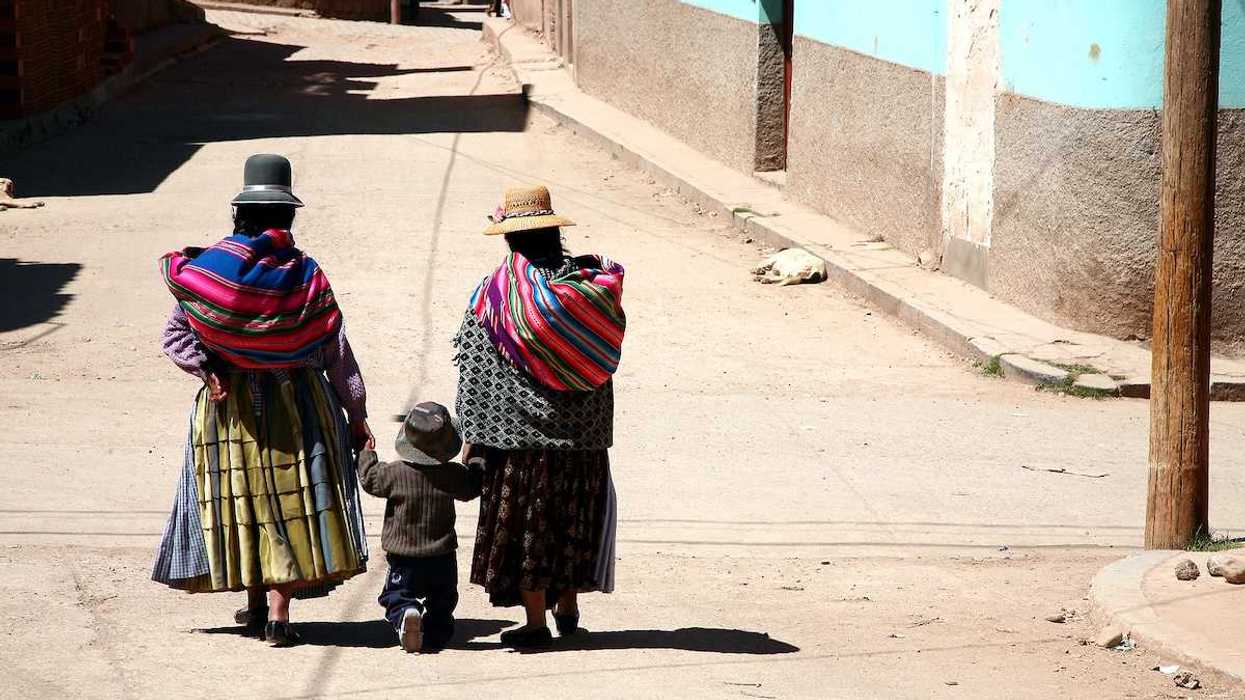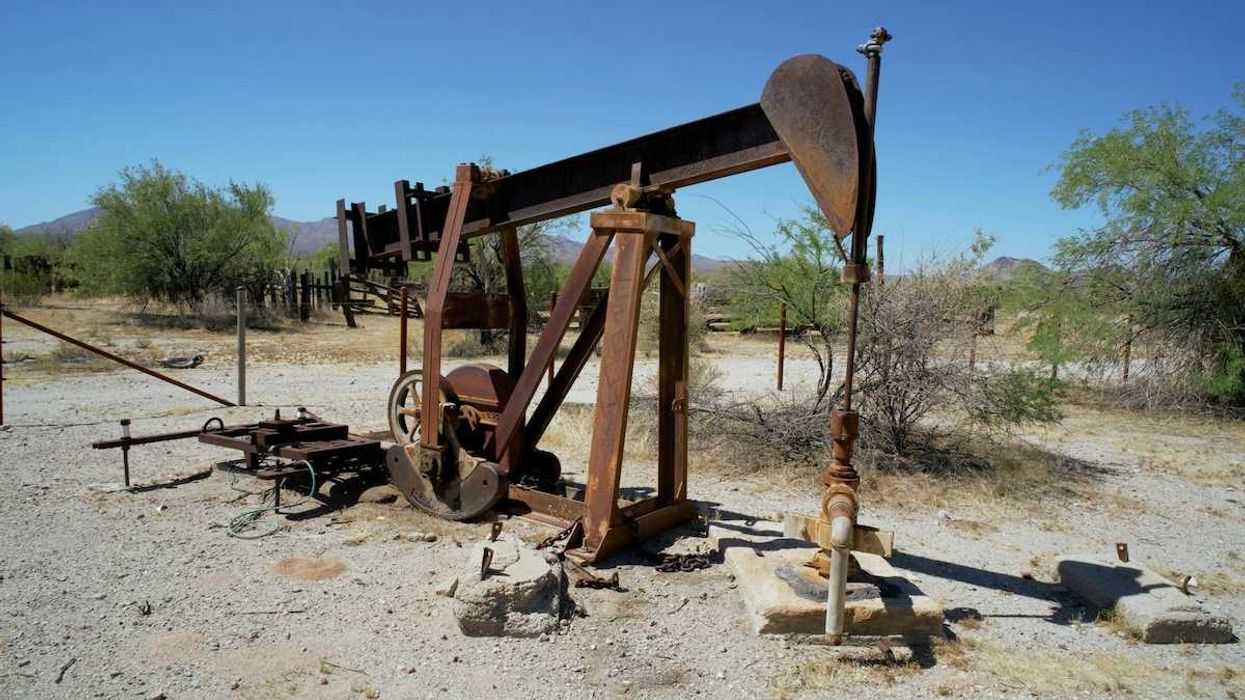As climate change drives more extreme heatwaves, a lack of air conditioning in low-income housing leaves millions at risk, spurring legislative battles across the U.S.
Gloria Dickie reports for Reuters.
In short:
- In the U.S., about 12% of homes lack air conditioning, posing significant health risks during extreme heatwaves. New York and other cities are considering laws to require cooling systems in rental units.
- Some states have adopted cooling laws, but landlord opposition is strong, citing increased costs and potential rent hikes as reasons for resistance.
- Air conditioning has been shown to significantly reduce heat-related deaths, yet debates continue over balancing climate change impacts and housing safety.
Key quote:
"There’s an urgency to this legislation. Heat is the No. 1 climate killer, and it's only getting worse."
— Lincoln Restler, New York City Council member
Why this matters:
As climate change intensifies, heatwaves are becoming more frequent and deadly. Without adequate cooling, vulnerable populations face increased health risks, highlighting a growing need for policy solutions that balance public health and environmental sustainability.


